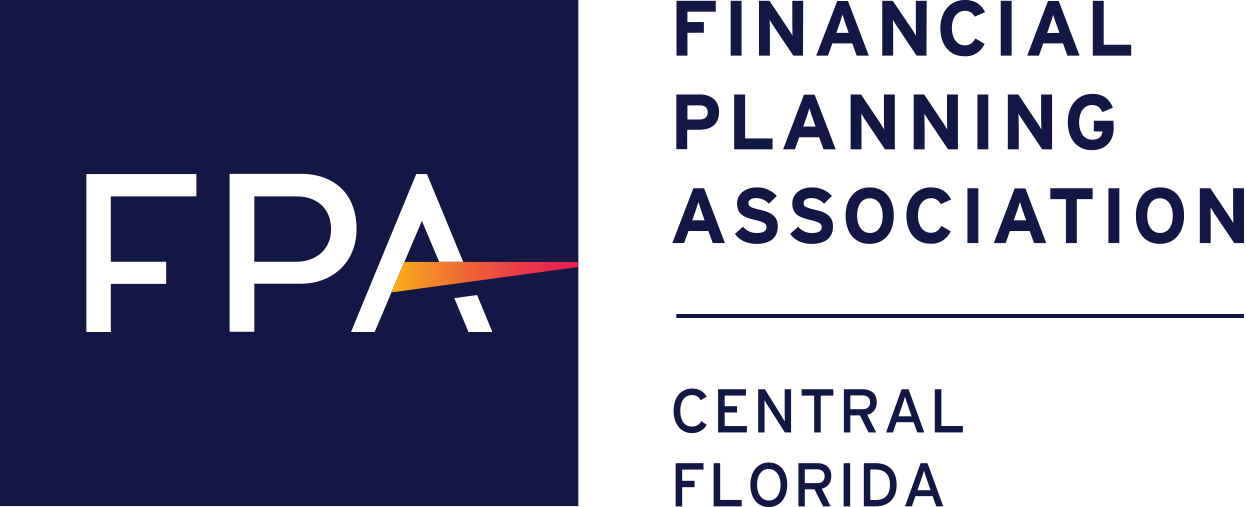
Wondering If You Need a Will? If You Have to Ask, the Answer is Probably ‘Yes’
Who needs a will? “Well, any adult who might die [does],” says FPA member and CERTIFIED FINANCIAL PLANNER™ (CFP®) professional Leon C. LaBrecque of Sequoia Financial Group in Troy, Mich. “I know that sounds tongue-in-cheek, but…the stark facts are, almost everyone needs a will.”

A will is a legal document (or set of documents) that details a person’s (or a couple’s) intentions regarding the handling of their dependents (such as children, if they have any), their assets, and other loose ends, upon their death. Without a legally sound will to explicitly state these intentions, vitally important decisions about the disposition of assets, guardianship of dependents/children and the like typically default to a state probate court, where they end up in the hands of a judge who, for better or for worse, must interpret the deceased person’s intentions.
“If you don’t have a will, your [home] state basically will have one for you,” explains FPA member Luis F. Rosa, CFP® of Build a Better Financial Future in Las Vegas, Nev. “That judge could make decisions that don’t necessarily align with your wishes.”
For many, that’s a less-than-optimal outcome that easily could have been avoided had they invested the relatively modest amount of effort and money required to get a will. However, despite the prospect of losing control over the fate of their children or their hard-earned money when they die, a will is something a vast majority of American adults need but only a minority actually have. According to a 2017 survey by Caring.com, roughly four in 10 American adults have a will or living trust. The likelihood a person has a will increases with their age, as just 22 percent of Millennials have one, compared to 36 percent of Generation Xers, 58 percent of Baby Boomers and 81 percent of people age 72 and over.
Why don’t adults who need a will not have one? An unwillingness to contemplate one’s own mortality is one deterrent, according to Rosa. What’s more, getting a will just isn’t a priority for younger people, who tend to view their death as too remote a possibility to plan for now. And as Rosa points out, “Often people think that they need to be wealthy to have a will. The truth is that wills do not only cover monetary things.”
The more you know about what getting a will entails, the less daunting the process becomes. Here’s a quick FAQ to shed light on this necessary but oft-avoided aspect of financial planning.
Who needs a will? If you own anything of value, either tangible or otherwise, and you want specific people or organizations to receive specific assets of yours when you die, you need a will. If you have dependents, such as a child, and you want to ensure they go to the guardian(s) of your choice should you die, you need a will. If you want to spare family members and loved ones the legal hassles and uncertainty that can plague the probate process when a person dies without a will, you need a will.
“Everyone with any amount of property needs a will, to lay out clear instructions as to the three main questions: One, who gets what? Two, how and when do they get it? And three, who’s in charge?” explains FPA member and estate planning attorney Michael D. Whitty, CFP® of Freeborn & Peters, a law practice in Chicago, Ill.
What should a will include? A will should include a complete inventory of all the assets you own — a home, a car, money in bank, investment and retirement accounts, even items such as jewelry, an antique collection, really anything of substantial value — along with specifics about the value of those assets and how (to whom) each of those assets should be distributed following your death. “Having a will avoids intestate succession, where your property is distributed via state law,” says LaBrecque. “This is expensive and time-consuming. Avoiding intestacy is one of the main reasons to have a will.”
A will also should identify an executor — the person who will be responsible for ensuring the provisions of your will are carried out as specified. If you have children or dependents (such as a disabled sibling who lives with you), the will should also specify who will assume guardianship of those people when you die.
Where to get a will? You want your will to be a thorough and legally sound document. While a variety of online sources offer either one-size-fits-all or do-it-yourself will preparation services, personal finance experts strongly recommend enlisting an attorney who specializes in wills and estate planning, to ensure the will covers everything that needs covering, that it addresses your unique circumstances and wishes, and that it is prepared according to the specific laws and requirement of your state. “You don’t want to risk leaving something out, or not doing something right,” says Rosa.
What will it cost to get a will? “A will might cost you just a few hundred bucks,” Rosa says. “That’s a small price to pay for the peace of mind it gives you.” Getting a will from an attorney can indeed cost as little as several hundred dollars. The cost tends to rise in step with the complexity of a person’s holdings and wishes.
Will I ever need to update my will? Most likely, yes. “Really any major life event could require you to update your will – change in marital status, birth of a child, buying a home, those kinds of things,” he explains.
Where to keep your will document(s)? Treat your will as you would other important documents. Keep multiple copies in both digital format and hard copy, onsite at your home and offsite, in a place like a safe deposit box, with your attorney and/or financial adviser, with a loved one, etc. Keep a digital copy in the “cloud,” where you can readily retrieve it.
April 2019 — This column is provided by the Financial Planning Association® (FPA®) and FPA of Central Florida, the principal membership organization for Certified Financial PlannerTM professionals. FPA seeks to elevate a profession that transforms lives through the power of financial planning. Through a collaborative effort to provide more than 23,000 members with tools and resources for professional education, business support, advocacy and community, FPA is the indispensable resource in the advancement of today’s CFP® professional. Please credit FPA of Central Florida if you use this column in whole or in part.
The Financial Planning Association is the owner of trademark, service mark and collective membership mark rights in: FPA, FPA/Logo and FINANCIAL PLANNING ASSOCIATION. The marks may not be used without written permission from the Financial Planning Association.
